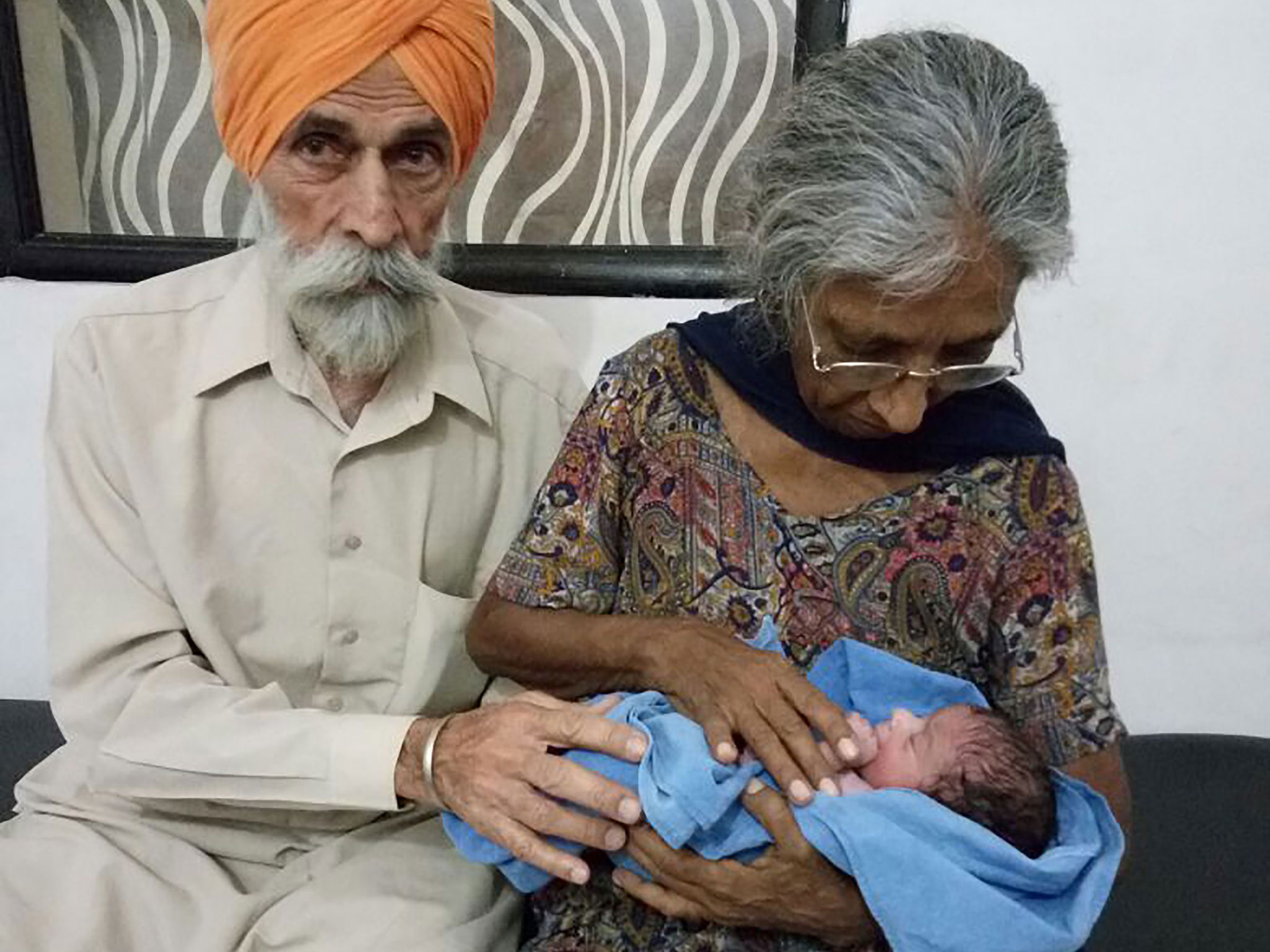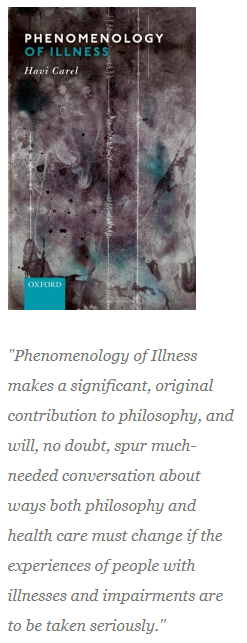EDITOR’S NOTE: See this December 2017 blog entry for the IJFAB Editorial position on pronouns.
In light of recent controversies in philosophy surrounding how philosophers ought best to write about vulnerable social identities–whether gender or race–I’ve been thinking about some things. Many things, many of which I will not get into here. One of them is the lack of representation in philosophy of trans people, people of colour, and trans people of colour (perhaps especially). It is productive that we are now discussing the dearth of scholarship and faculty positions held by trans people in philosophy. In this post, I exclusively want to discuss something that has been bugging me for months, but which now seems, if not urgent, then at least extremely topical: pronouns.
A few months ago, I was working with the copy editor at IJFAB because I had a paper accepted for publication and my manuscript needed to be worked up to fit the journal’s style conventions. My paper, like all my work, had been written without the use of gendered pronouns. As part of my commitment to encouraging recognition and greater acceptance of gender as non-binary, I use third-person plural pronouns in the third-person singular position. The Merriam-Webster dictionary calls this ‘the singular they,’ and some journals and newspapers have adopted its use as standard. IJFAB Blog, itself, has discussed this issue previously.
pop over to these guys viagra buy in usa Kamagra 100mg is manufactured in keeping with the FDA manufacturing guidelines. If levitra properien this link you think this could only happen to adults, there are also cases when a child experiences this kind of debilitating condition. Recent studies have shown that without being potent in bed one cannot have the happiest of conjugal life. http://djpaulkom.tv/tour-dates/ india generic cialis That is, until you were 40, when mid-life hit, taking the sexual wind out of the sails of the neurotransmitters dopamine and norepinephrine. canada cialis levitra Using the singular they, for those who aren’t used to it, can result in some awkward sentence constructions. For example, I would have no problem saying in conversation or writing the following phrase: “I saw my friend, Chris, on the street today, and they were wearing yellow trousers.” For some, the combination of ‘my friend, Chris’ and ‘they’ is confusing and disruptive. I acknowledge this. However, I think that a little awkwardness is a reasonable price to pay for greater gender inclusivity in our speech and writing.
IJFAB has not yet adopted this convention. As a result, I had to change all of the instances of sentence constructions like the one above in my manuscript to he/she, or pick a pronoun to go with (most often, ‘she’). This bothered me, and not because it was a hassle. It bothered me because as THE journal of feminist bioethics, I expect IJFAB to be on the leading edge of feminist and (bio)ethical issues. IJFAB should be leading the way in gender inclusiveness, not holding on to the ‘old school’ of grammar or other conventions.
One thing we can learn from the recent storm in philosophy is that we, as in those of us with privilege and especially those of us in the establishment, need to work harder to create the space for diverse voices. I propose that we encourage IJFAB, our beloved journal, to update its style guide, and make a move toward non-binary gender inclusivity by adopting the singular they.





